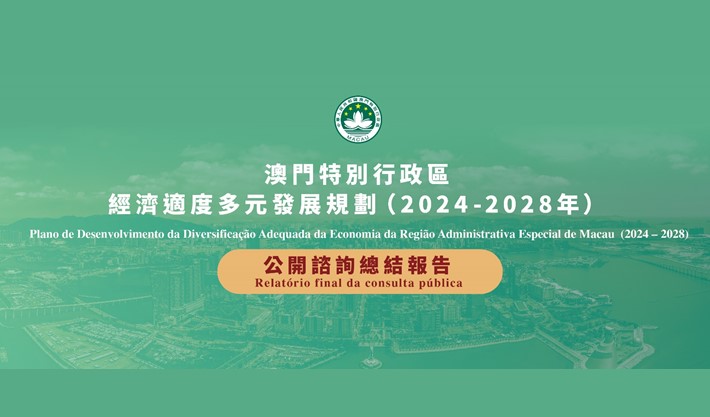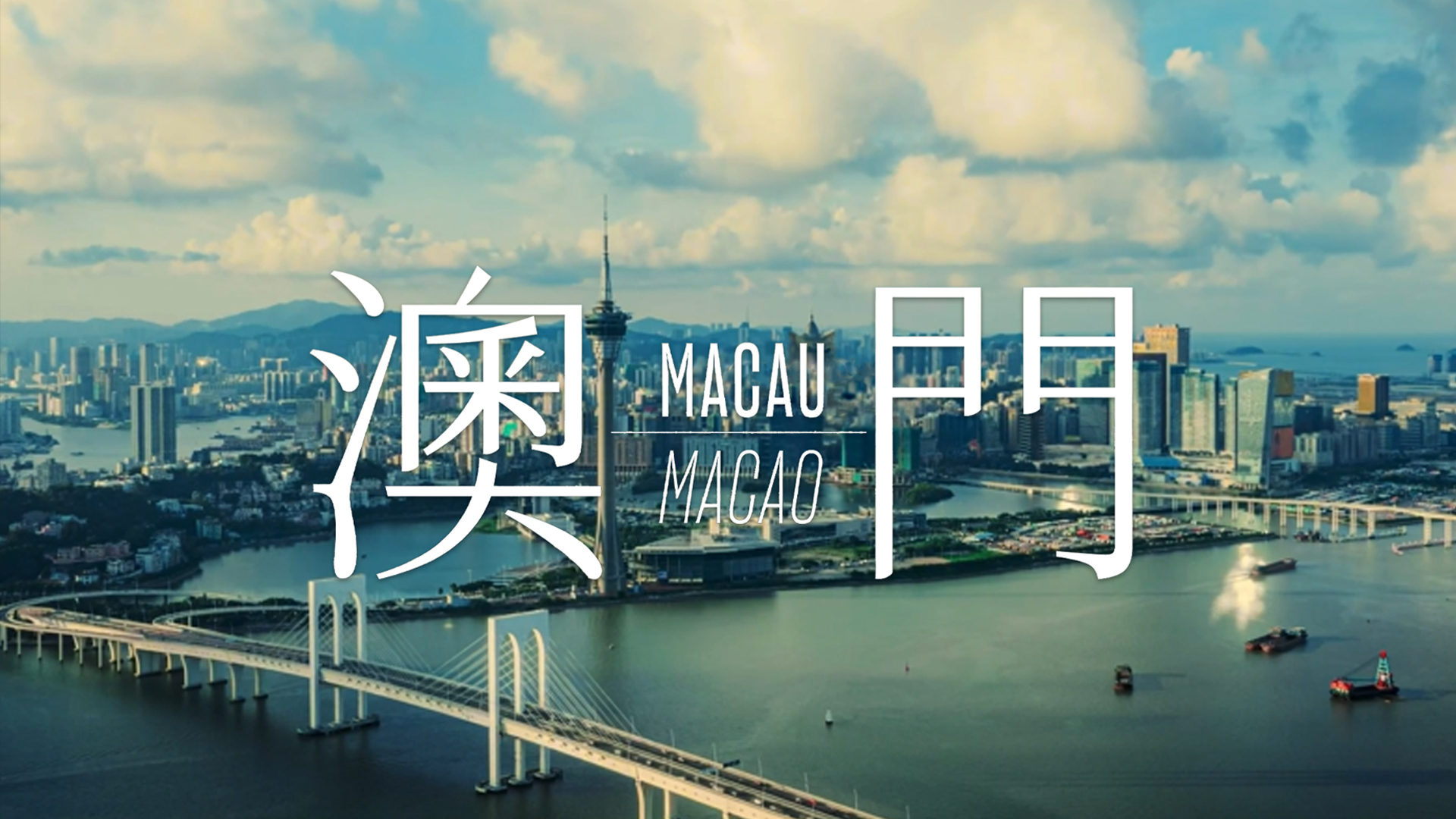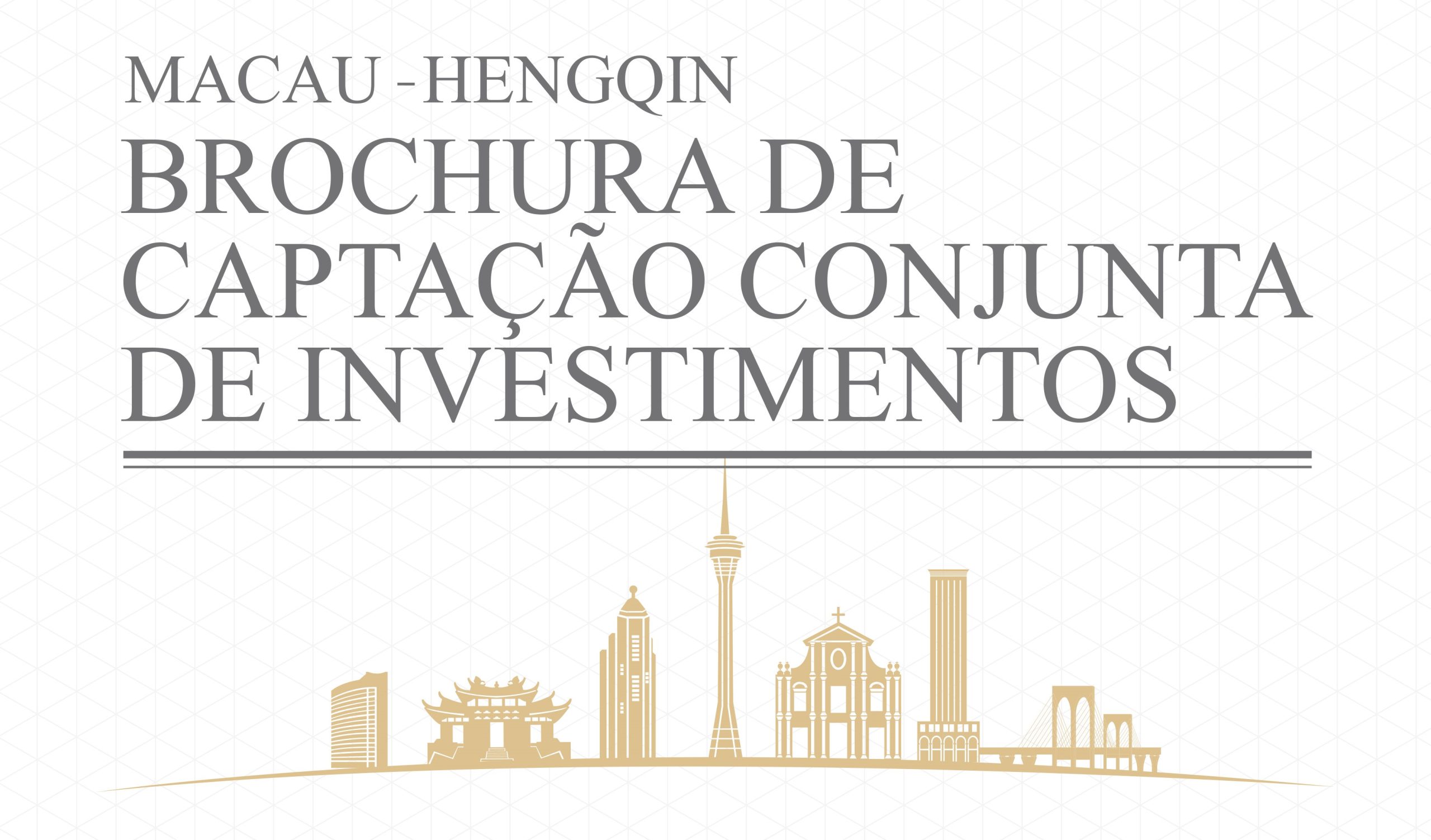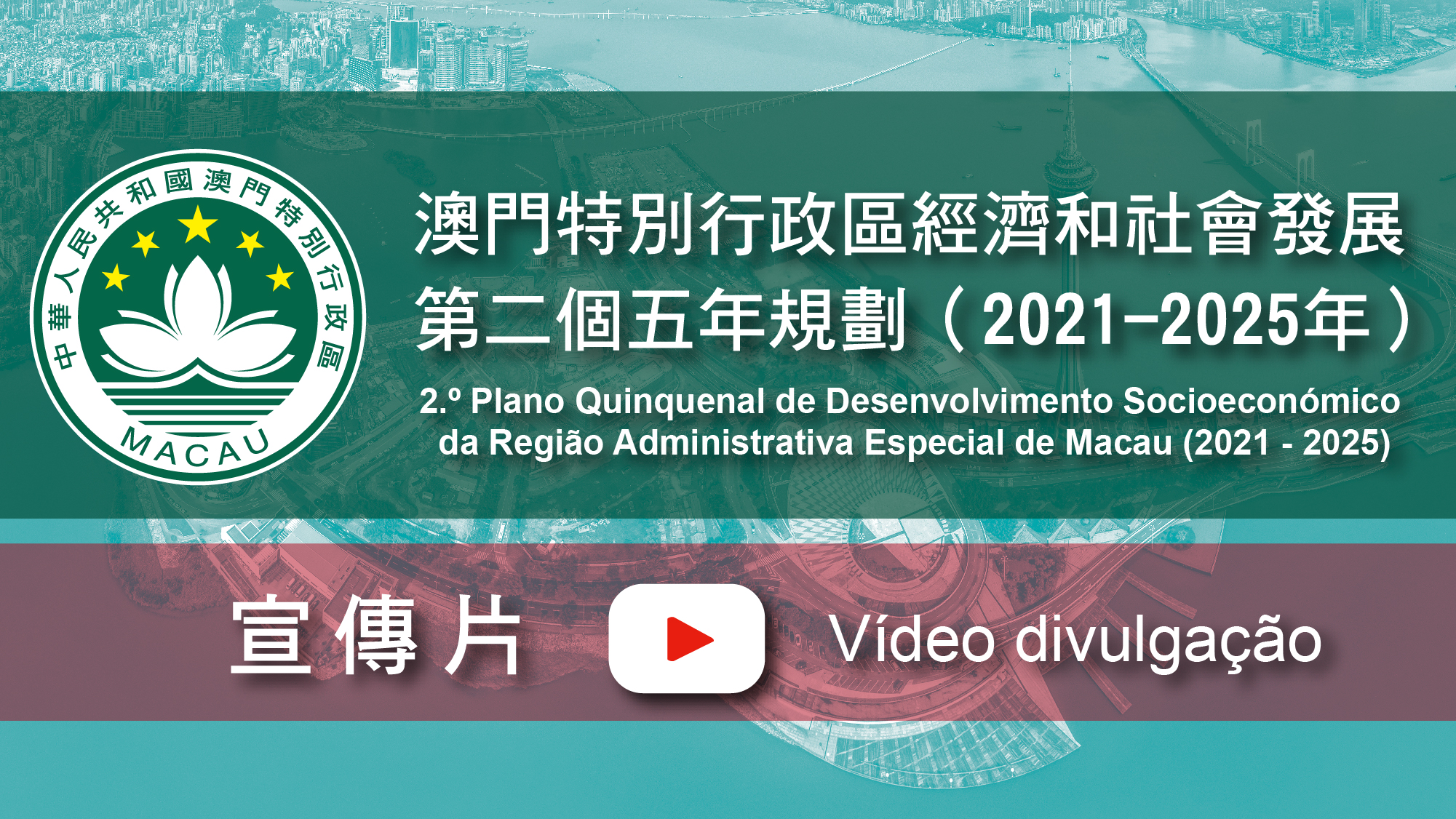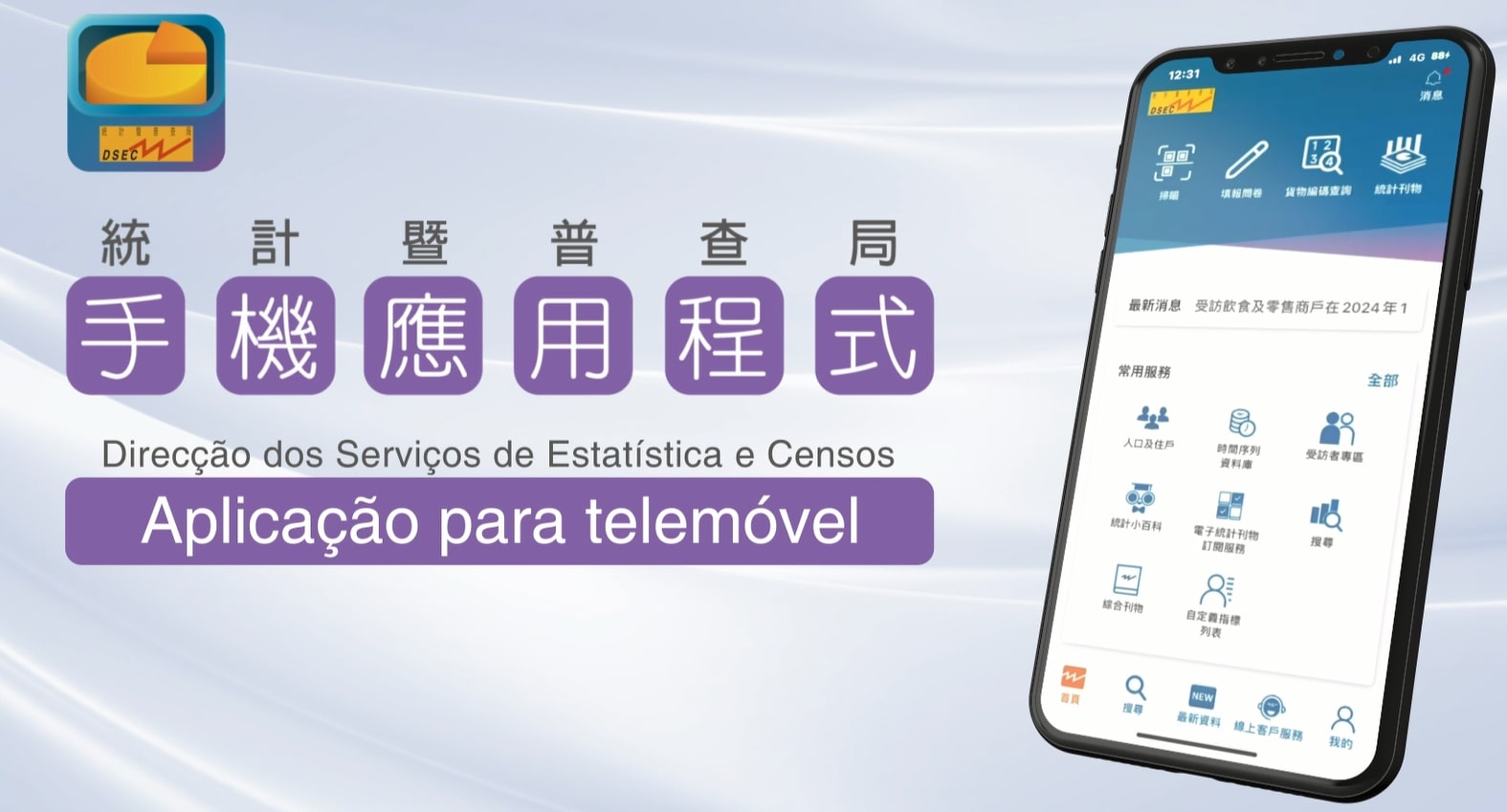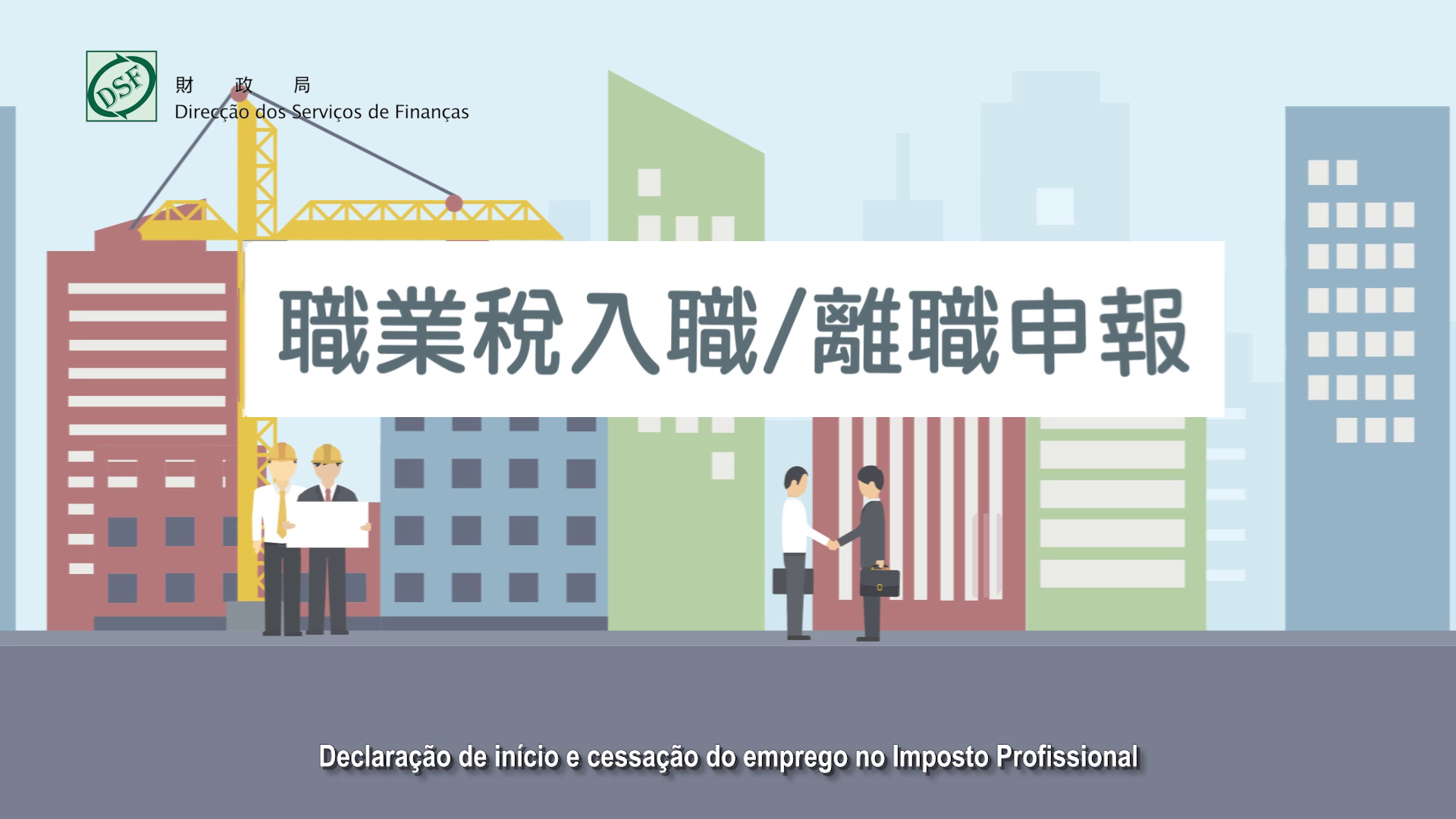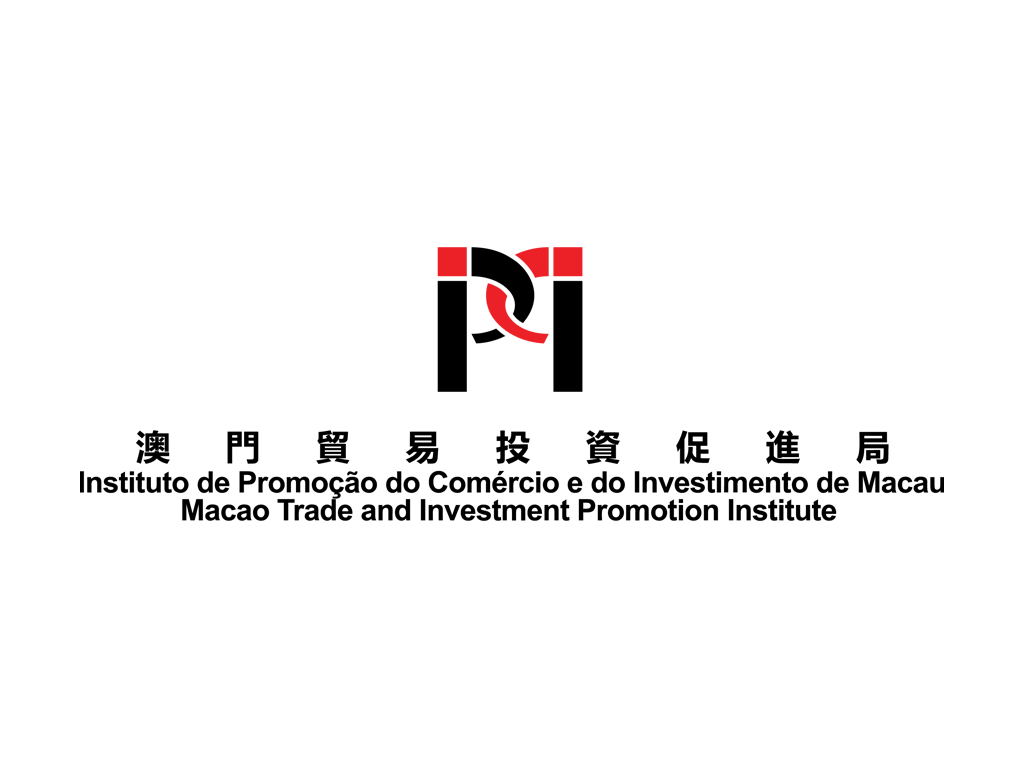Pesquisar
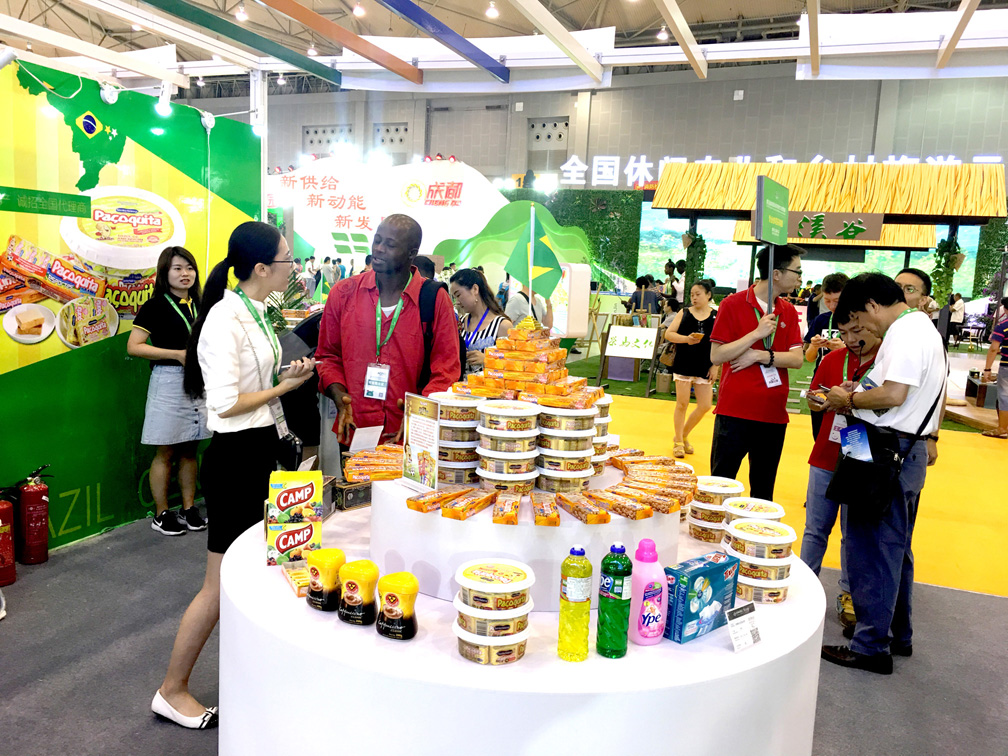
Sesa has taken part in various promotional events organised by IPIM
Soybeans are often the first to come to mind when one thinks of bilateral trade between China and Brazil, because they accounted for nearly 43 percent of Brazilian exports to China in 2017. The trade between the two nations, however, could soon move well beyond just soybeans.
Sesa International (Macao) Company Ltd. aims to tap into new opportunities by utilising Macao as a platform between China and Portuguese-speaking Countries. Their goal is to introduce and promote more quality Brazilian products to the Mainland Chinese market.
Enormous business opportunities
Headquartered in Hangzhou, Sesa has been focusing on the trading of food products between China and Brazil for years. Bobby Chi, Executive Director of Sesa, says Brazilian food products only has 1 percent market share in Mainland China today, implying tremendous potential for more Brazilian products to enter the market in future.
“There are relatively few Brazilian products in the Mainland Chinese market because they are rivalled by European, American and local brands,” Mr Chi told Macao Image. “Thus, at the beginning it was rather difficult to promote Brazilian products in the Mainland market, but the sales are getting better now that these products have become more and more popular.”
According to Mr Chi, there are natural resources in abundance in Brazil and the country’s products have advantages in terms of quality, technological development, environmental protection and health. Coupled with the unique Brazilian flair, South American products appeal to Mainland Chinese consumers, who now have higher standards than before.
The company set up a platform, Brazil Centre, to serve as an agency for quality Brazilian brands. Since acquiring the agency rights for their first Brazilian brand back in 2015, Sesa now manages 18 Brazilian brands ranging from snacks, propolis, nuts, aperitifs, to coffee beans and others, including a major Brazilian dairy product brand Itambe.
Making inroads into the Mainland Chinese market, however, has not always been easy, said Mr Chi. Since the brand exposure for Brazilian products in China is limited and there are significant differences in consumer attitude between both countries, Sesa has had to lay a lot of groundwork to promote Brazilian products. As an example, the company proactively introduces interactive promotional activities for customers to try their products and organises welfare events to increase the exposure of their products. They also test market reception of Brazilian products through online sales. A good mix of online and offline resources is crucial for steadily building up the sales network and channels in proper scale, as well as finding appropriate district agents for the products.
“The Brazilian market is generally dominated by big brands, so introducing a good brand will bring you halfway to success,” Mr Chi noted. It takes patience and sincerity to negotiate agency rights with large Brazilian brands, as these brands do not just focus on the financial side of the business. They expect others to understand the corporate culture of Brazil, he said, adding that it took Sesa a long time to become an agent of some of these brands.
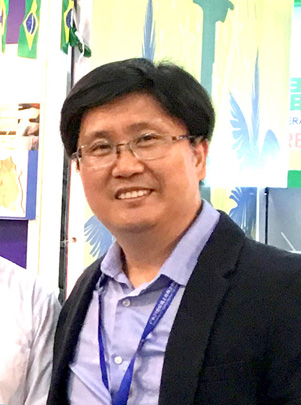
“Being an important bridge for the economic co-operation between China and Brazil, Macao offers an ideal business environment and is a free trade port, which helps promote products from Portuguese‑speaking Countries on Mainland China in a more efficient manner.” Bobby Chi, Executive Director of Sesa International (Macao) Company Ltd.
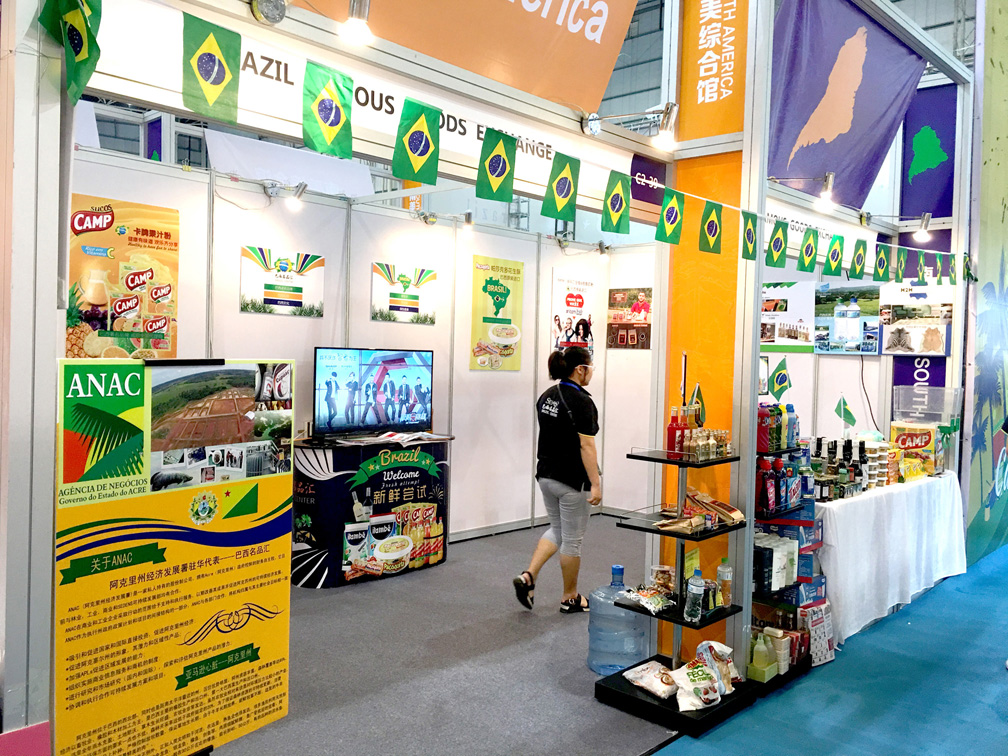
Bridge between Brazil and China
In addition to its headquarters in Hangzhou, Sesa also has branches in Brazil, Guangzhou, and Hong Kong. Through the assistance of the Macao Trade and Investment Promotion Institute’s (IPIM’s) One-stop Service for investors, Sesa has been successfully incorporated in Macao.
Mr Chi believes that Macao serves well as a Commercial and Trade Co-operation Service Platform between China and Portuguese-speaking Countries since China’s Central Government has laid down a number of measures in support of Macao’s platform role. Being an important bridge for the economic co-operation between China and Brazil, Macao offers an ideal business environment and is a free trade port, which helps promote products from Portuguese-speaking Countries to Mainland China in a more efficient manner.
Sesa has actively participated in various promotional events organised by IPIM, including the “Portuguese-speaking Countries Food Products Promotion Fair” held in Guangzhou and Hangzhou in 2017 and in July 2018 in Dongguan, to boost awareness of Sesa’s products on the Mainland China market, Mr Chi added.
Macao is fast-tracking its way toward becoming a World Centre of Tourism and Leisure, and was recognised in 2017 by the United Nations Educational, Scientific and Cultural Organization (UNESCO) as a “Creative City of Gastronomy”.
Mr Chi says Sesa will make better use of the opportunities provided by Macao with a plan to build a “Macao-Brazil Entrepreneurship Park” in the city to showcase the products and food culture of Brazil. This would involve setting up an exhibition centre for Brazilian products in Macao to advocate the general Brazilian trade and Brazilian primary agriculture products; establishing an unmanned shop of Brazilian products to enrich the shopping experience of Macao customers, while encouraging Macao youths to become franchisees of this model and open similar shops in Mainland China; and inviting reputable Brazilian food critics to Macao to enrich the local food culture and boost tourism development.
“We hope to attract more Macao youngsters to join us in making good use of the policy and measures of China’s Central Government to expand our business and trade co-operation between China and Brazil,” Mr Chi said. “We can participate in the development of the nation and share in many of the new opportunities arising from this development.”
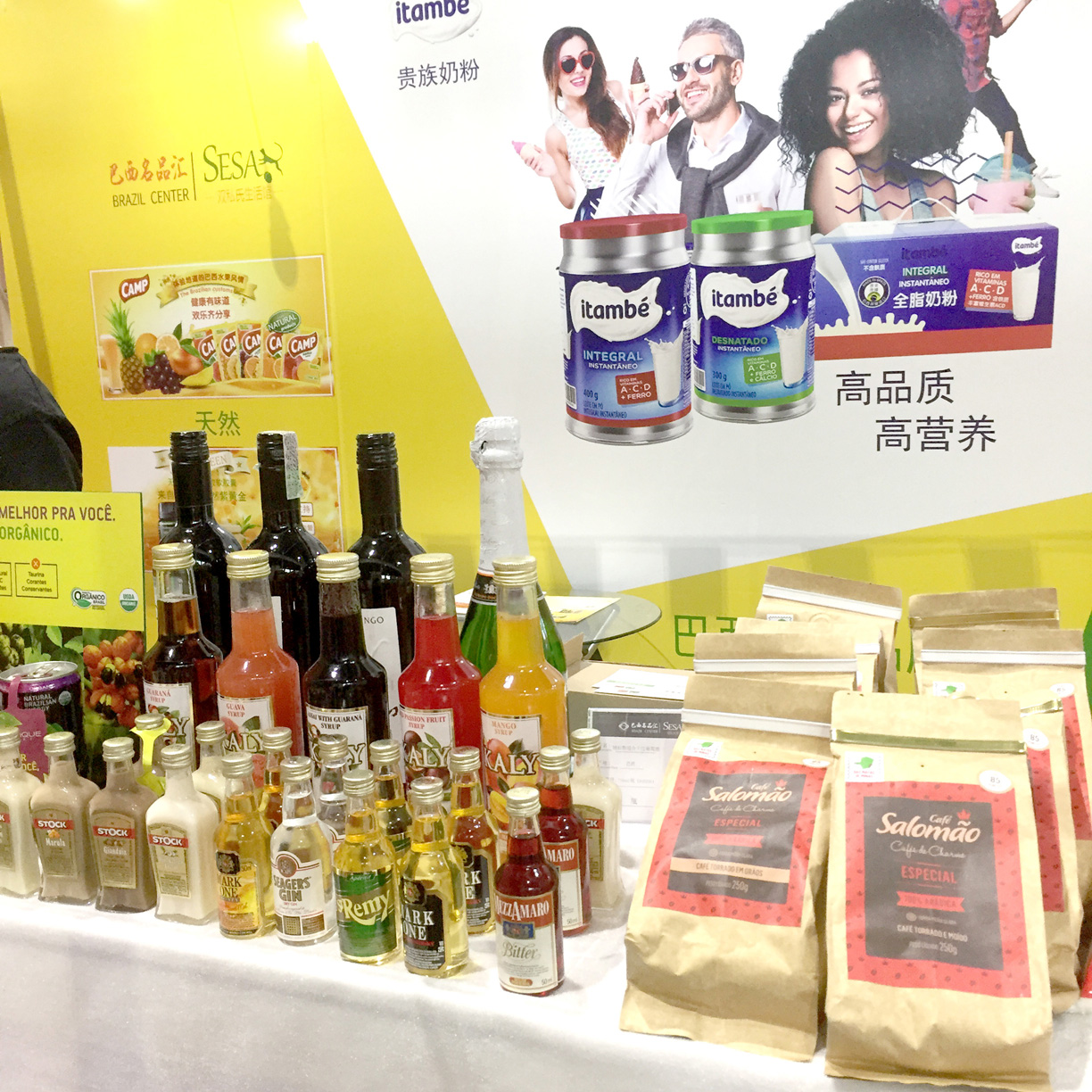
Sesa currently manages 18 Brazilian brands



